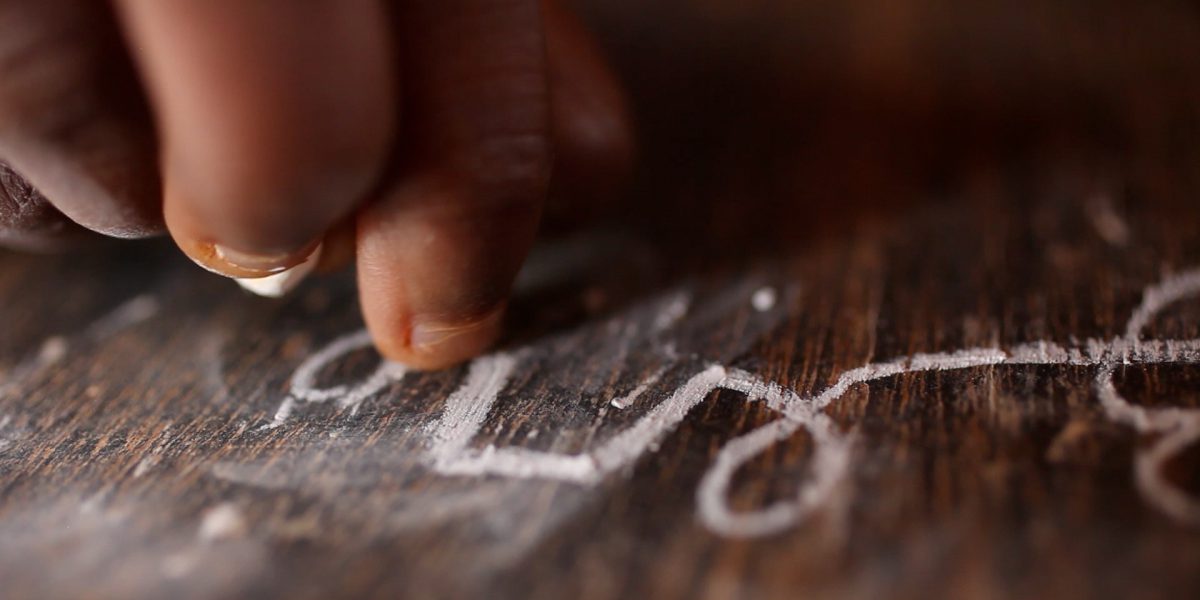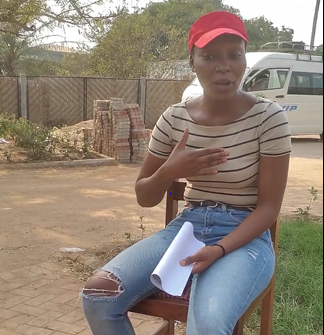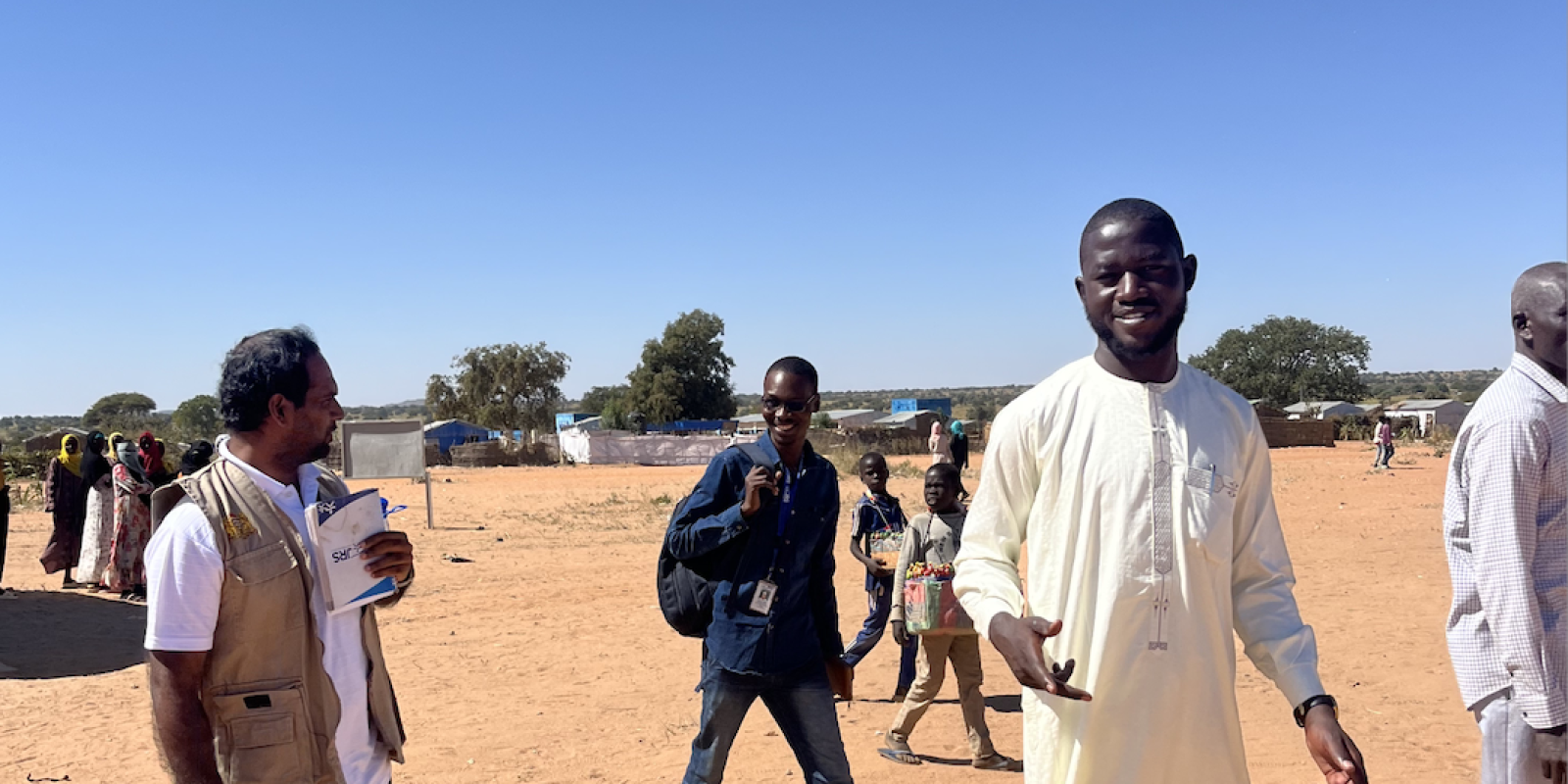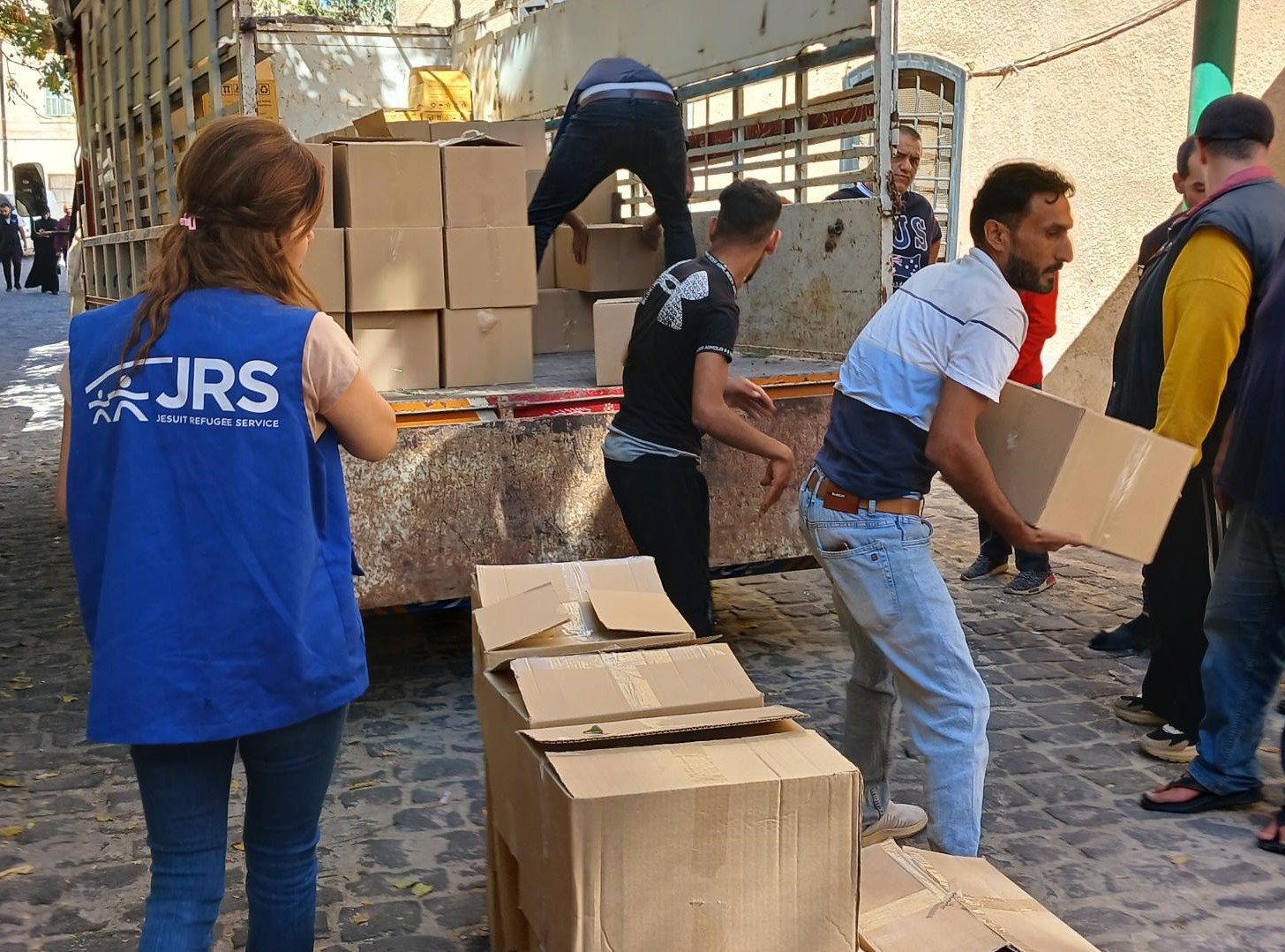JRS Cameroon & PRM: Youth Construct a Common Future for Refugee, Host Communities
10 May 2021

In Bertoua, Eastern Cameroon, young students are not only learning a vocational skill, but how to live and work side by side.
Upholding reconciliation and social cohesion as priorities, Jesuit Refugee Service Cameroon now offers an eight-month professional training and student dorm for young refugees and Cameroonians in five different centers.
The aim is two-fold: work to end discrimination against Central African refugees in the country and build bridges between communities while supporting young refugees to build their own futures.
According to the UNHCR, Cameroon hosted over 271,600 refugees from the Central African Republic (CAR) in 2019.
Following the violence which erupted during the December 2020 elections, over 105,000 Central Africans have been displaced to bordering countries, while more than 5,000 of them crossed to Cameroonian land.
The lack of resources and opportunities is a trigger of prejudices and hostility towards the newcomers. Forcibly displaced individuals risk social exclusion since they face several barriers to access basic services and opportunities in the host countries, including education.

In this JRS youth training program, 70 percent of the students are refugees while thirty percent come from the host community — which enhances the creation of intercultural bonds, hospitality, solidarity, and fellowship. The students also participate in theater programs, film, and peace-building activities.
“This training has advantages for both Cameroonians and Central Africans,” Zari, a native Cameroonian, explains. She joined the Health Assistant course in 2020. “For the Cameroonians, [it means] benefiting from the discovery of new cultures and ways of life,” she says.
Ezéchiel, from CAR, participates in the same course as Zari. “With my mates, we strive to take consensual decisions,” he says.
His dream is to heal others.
“I am learning about the workings of the human body and how to act in a healthcare center.”
Since the program started in 2018, around 470 students joined the different training opportunities — from Hotel Business and Hair and Beauty to Administration and Healthcare Assistance — with the support of the US Department of State’s Bureau of Population, Migration, and Refugees (PRM), Missio Aachen, and other partners.
After living together with her mates while learning Administration, Ngo’a Esther, a young Cameroonian, is now aware of the importance of social inclusion for refugees.
“Personally, I would like to develop my own business with a refugee,” she says. “I learned they sense [a need] of work and their need of people who understand them in order to overcome their difficulties.”
“At the beginning I was not so sure about the idea of living with people I didn’t know,” Sylver (RCA) remembered, “but I told myself, we can complement and assist each other.”
After finishing the Administration training, he aims to start a business with a Cameroonian person to contribute to peace and stability.
“You have to think [about others] as your brothers and sisters.”
Learn more about our growing list of global partners, including PRM.


